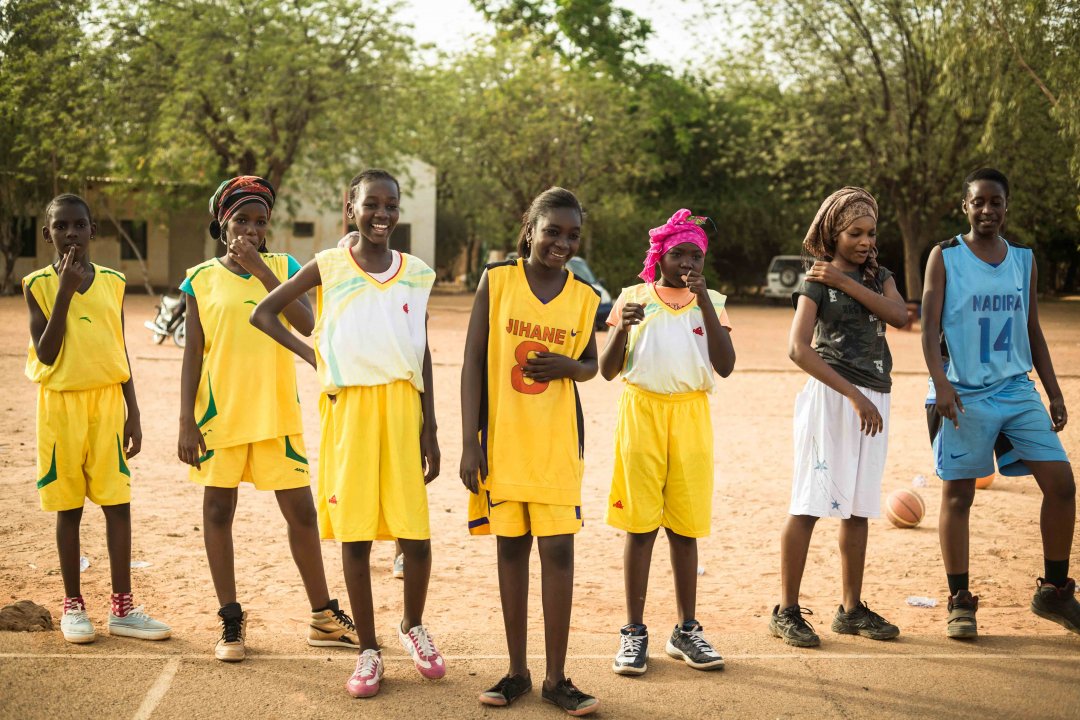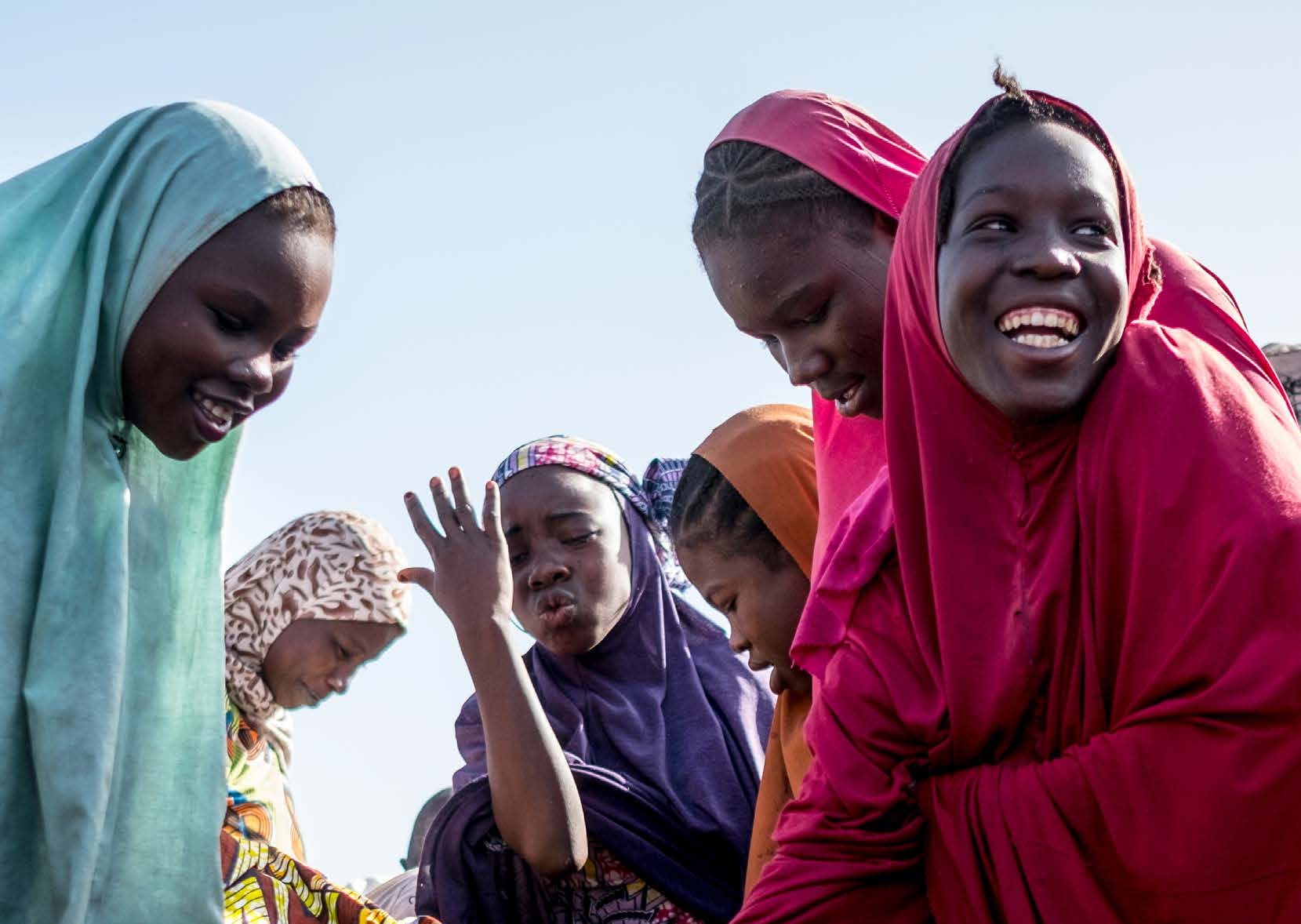
SECURITY
PILLAR
UN SECURITY STRATEGY IN THE SAHEL
Implementing national and regional security mechanisms that will address cross-border threats.
Initiatives that support security and criminal justice institutions are expanding in the region, with special emphasis on transboundary communities, empowering youth and women as agents of peace and development in the Sahel still remains a priority.
António Guterres
United Nations Secretary-General
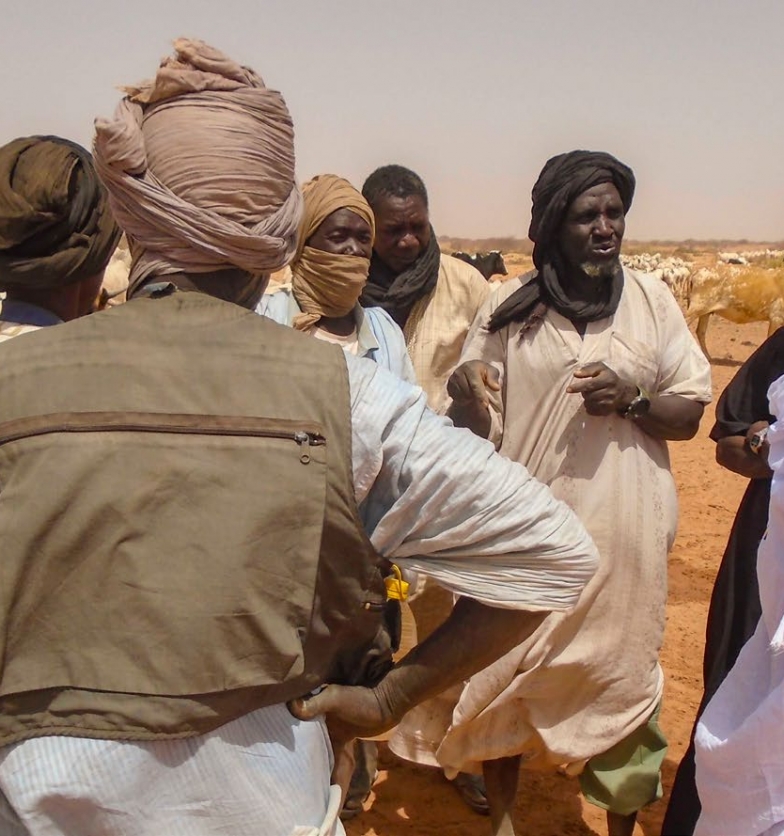
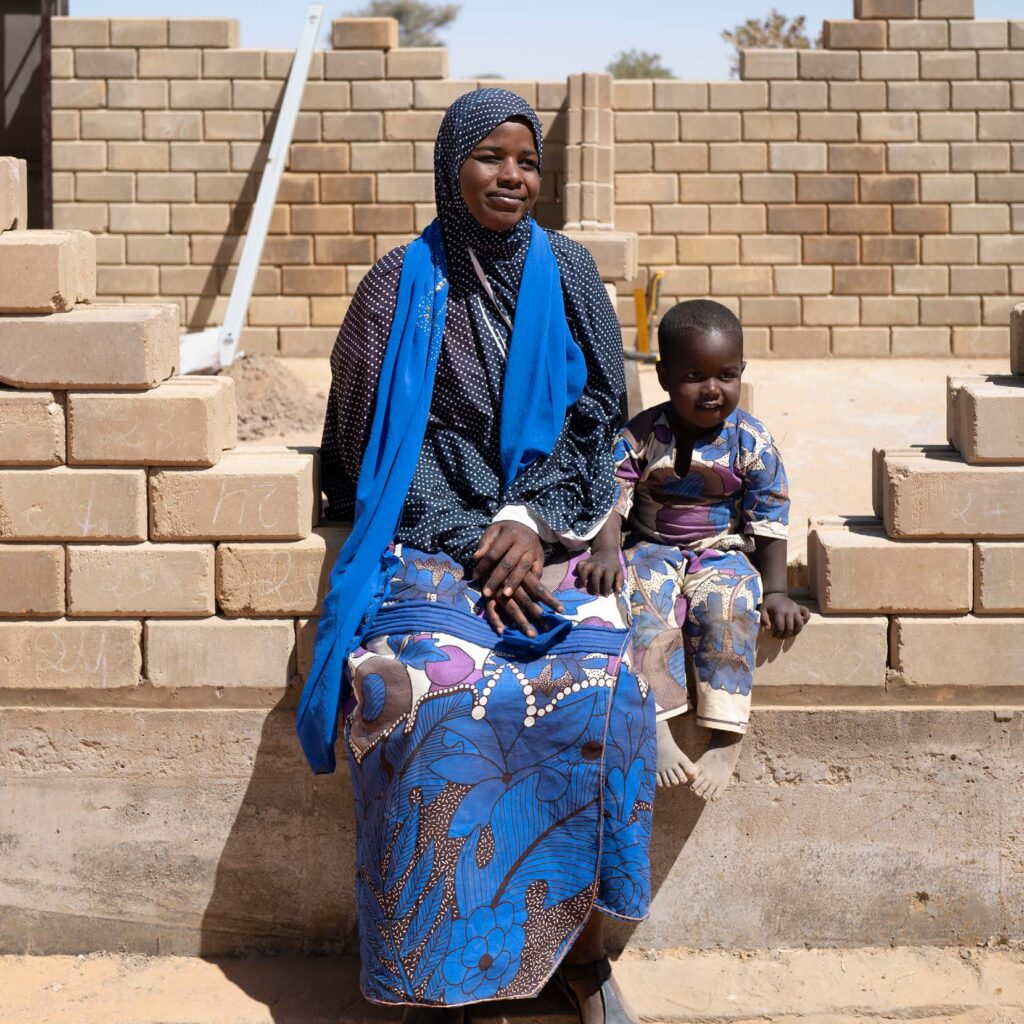
Security issues will be addressed in the Sahel region as the capacities of national, sub regional and regional security mechanisms are strengthened, made fully operational and grounded in respect and protection of human rights and rule of law.
Countries in the region so far, in response to the crisis in Mali, have taken initial steps towards greater cooperation, including in information sharing on security related matters. The African Union, the United Nations, ECOWAS and CEN-SAD have played important roles in this area. It is therefore, important to build upon these efforts, both to foster trust among the countries whose cooperation are vital and to strengthen their capacity to address cross border threats.
Thus, in tackling the crisis in the Sahel, the United Nations is aligning its various initiatives and resources in a collective, comprehensive and integrated manner.
It is also taking the role of women as agents of peace and development into consideration. In this regard, the UN has supported partners in the development of gender strategies and integration of gender main-streaming in security-related activities. Discussions between vulnerable communities, defense and security forces, and the criminal justice system are being supported whilst cross-border community dialogue with security and justice sector actors for peacebuilding, aimed at rebuilding trust through a gender approach are in progress.
Stabilize
Ensure security, peace and social cohesion.
Return of Internally Displaced Persons and refugees to their home communities.
Disengagement and reintegration of ex combatants into the society.
Transform
Cross-border cooperation Prevention and sustaining peace Respect for human rights Better institutional designs Accountability.
Sustain
Rule of Law, access to justice and Human rights and elimination of corruption.
Women and youth empowerment.
Mediation and trust building.
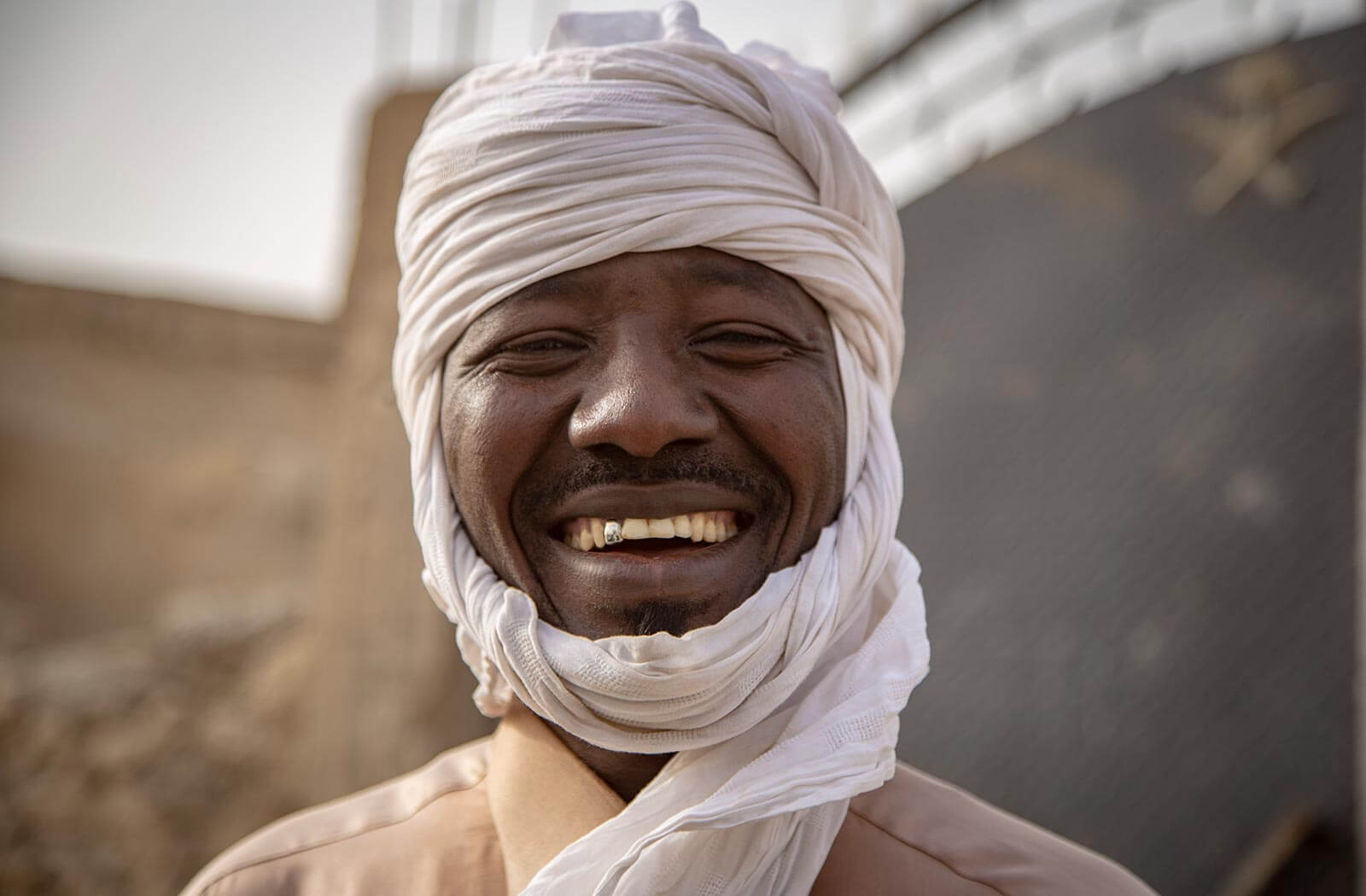
RATIONALE
Through the Security Working group, the UN in Sahel aims to reinforce its analysis of regional security to better monitor cross-border threats, to reinforce national capacities for the improvement of coordination for improved coordination between competent national institutions in order to fight against terrorism and organized transnational crime in accordance with international human rights standards.
This Pillar also seeks to reinforce national actions of effective border management by especially improving coordination national institutions and reinforcing regional capacities to fight against terrorism and organized transnational crime.
STABILIZATION
- SECURITY
- LOCAL GOVERNANCE
- REVITALISATION OF LOCAL ECONOMIES
- PEACE INFRASTRUCTURE
TRANSFORMATION
- FUNCTIONAL SECURITY ARRANGEMENTS
- OCAL ADJUDICATION MECHANISMS
- RESPECT OF HUMAN RIGHTS
- INCLUSION OF WOMEN AND YOUTH IN PEACE BUILDING
SUSTAINABILITY
- PEACE INFRASTRUCTURE
- ENJOYMENT OF HUMAN RIGHTS
- ADHERENCE TO RULE OF LAW
- SOCIETAL COHESION
KEY OBJECTIVES AND INDICATIVE ACTIONS:
To allow the UN to reinforce its analysis of regional security to better monitorcross-border threats in the Sahel
To reinforce national capacities, thanks to an improvement in coordination between competent national institutions in order to fight against terrorism and organised transnational crime in accordance with international standards relating to human rights
To reinforce national means of effective border management, especially by improving coordination between the national institutions concerned
To reinforce regional and interregional cooperation between countries in the Sahel, West Africa and the Maghreb, especially by developing harmonised means of combating trafficking, controlling arms and the movement of armed groups and criminals, including terrorists, and reinforcing the arms embargo under Resolution 1267 (1999)
To reinforce regional capacities to fight against terrorism and organised transnational crime
The security environment in the Sahel remains fragile. Our collective focus needs to be simultaneously on security, diplomacy and development, taking sub regional and regional threats and opportunities into consideration, including relations with West Africa and the Maghreb.
The Security Working Group (SWG) convenes and work in plenary, as well as through sub-groups and tasks teams as per members’ interest and requirements.
The SWG will develop an indicative “light” work plan, which will be further strengthened as the group grows in its substantive contributions to the various working themes.
Membership to the SWG is open to UN entities, The SWG may invite other partners (including government, regional organizations, NGOs, bilateral and multilateral actors) to participate in its meeting for information sharing and to build synergy on implementation of activities.
The SWG is Chaired/Convened by UNODC
The SWG convenes at least once every two months.
The minutes of the meetings are shared with members, the Conveners of UNISS Working Groups, and the UNISS Implementation Support Unit, within ten days of holding the meeting.
The SWG Convener (and designated members) in coordination with the UNISS Implementation Support Unit will maintain contact, coordinate, cooperate and participate in activities and forums relevant to resilience building in the Sahel and the sub-region.
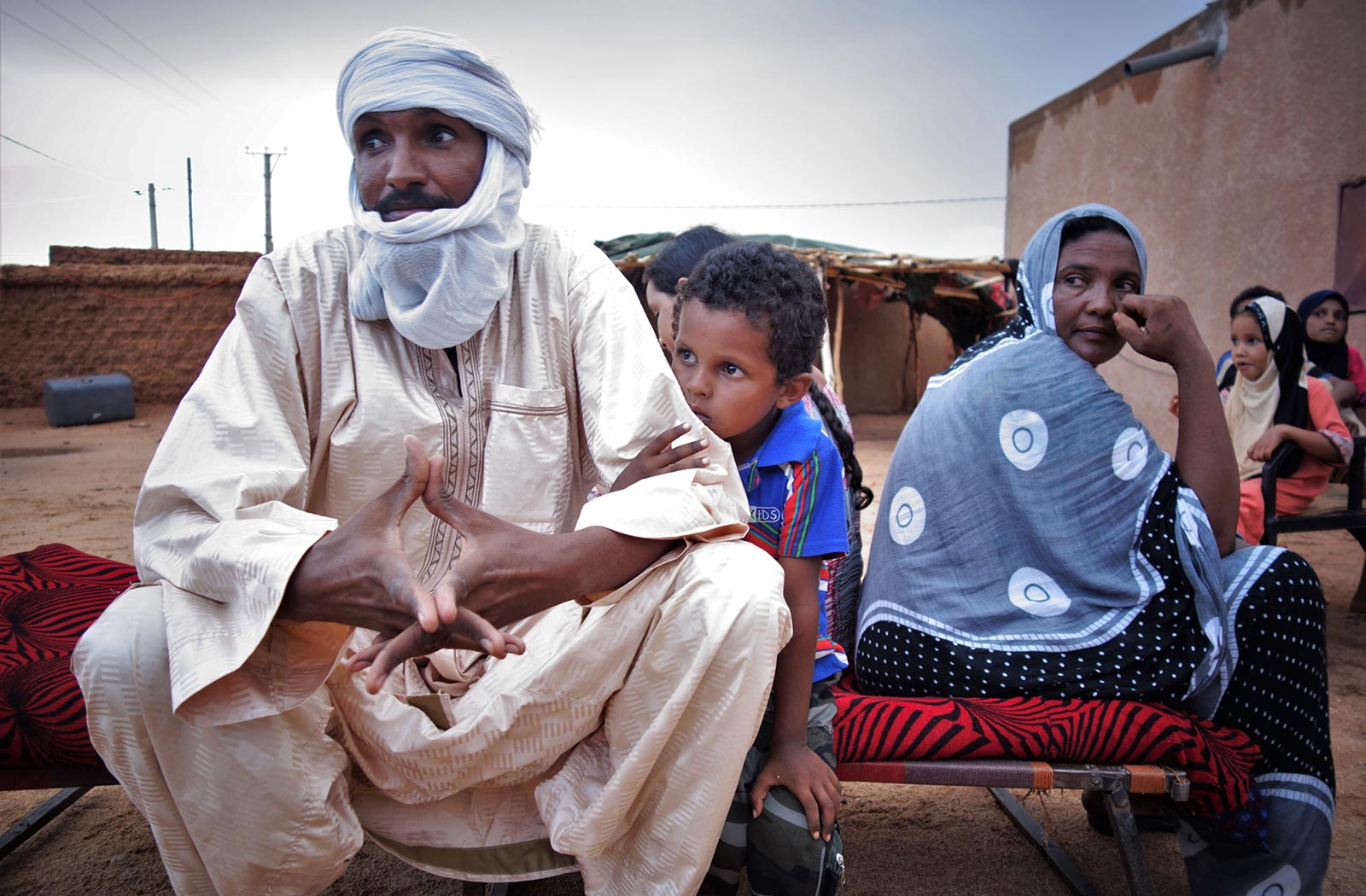
WOMEN AND GIRLS, AGENTS OF PEACE AND DEVELOPMENT IN THE SAHEL
WOMEN AND GIRLS, AGENTS OF PEACE AND DEVELOPMENT IN THE SAHEL To further strengthen the implementation of the UNISS, UNODC together with OHCHR and UNWOMEN have cooperated to ensure women and girls are taken into consideration as agents of peace and development in the Sahel. The three agencies supported the G5 Sahel in developing a gender strategy and has supported the integration of gender main-streaming in G5 security-related activities.
A study on gender and security sector reform has been carried out in the five G5 Sahel countries. Military and security chiefs of the G5 Sahel discussed solutions to better integrate and promote women in defense and security forces of the Sahel, leading to an action plan and the promotion of identified female officers of the region.
In addition, innovative discussions between vulnerable communities, defense and security forces, and the criminal justice system have been supported by UNODC and UNWOMEN in border areas of Mali and Niger targeting women as peacemakers. Supporting cross-border community dialogue initiatives with security and justice sector actors for peace-building to rebuild trust through a gender approach, this project promotes cross-border dialogue initiatives, peaceful conflict resolution mechanisms, and awareness raising on criminal procedures.
